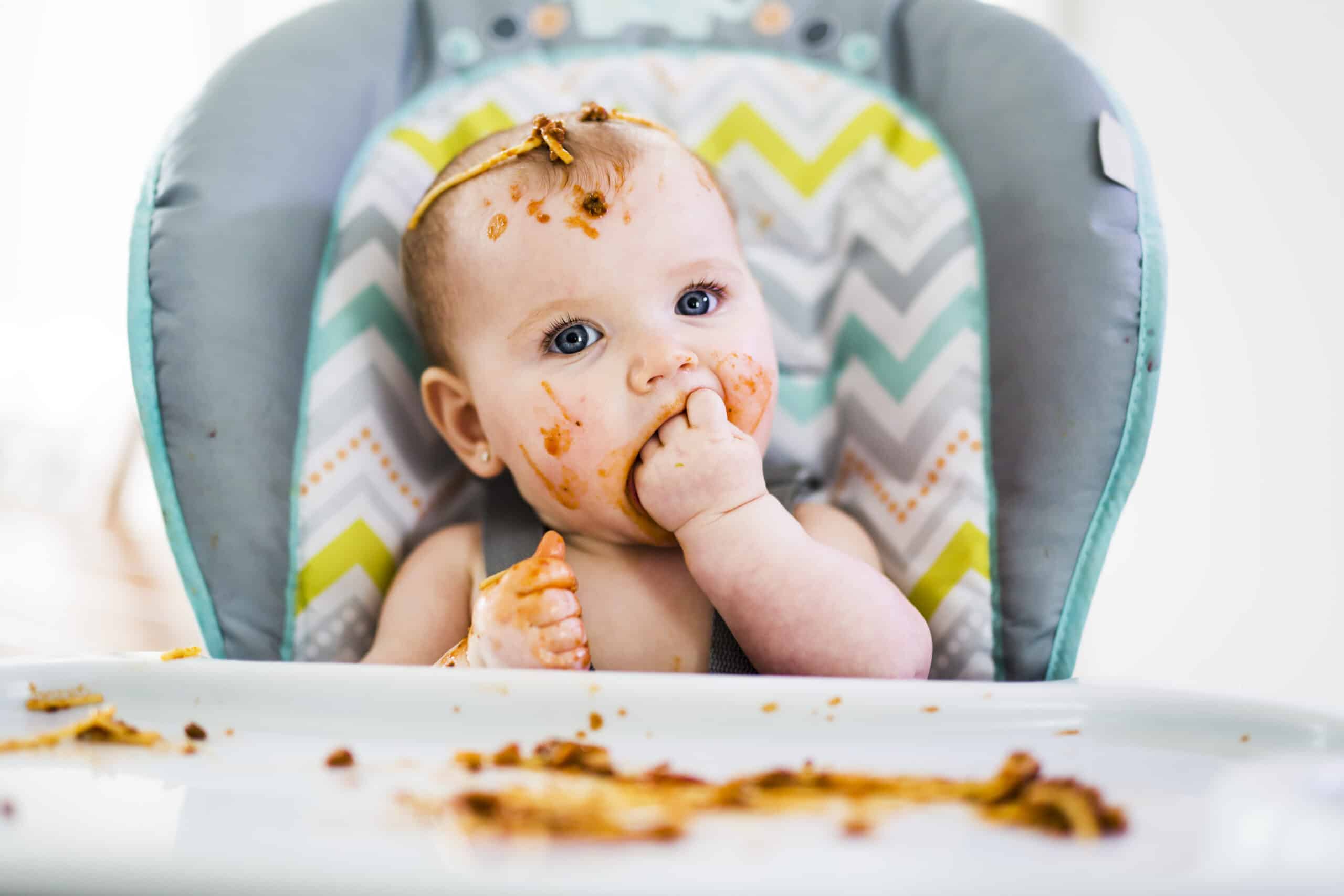Around the age of six months your baby will start to need more nutrients than milk can provide. You may start to notice your baby reaching for food and opening and closing their mouth when you’re eating, or when you offer them a spoon – these are signs your baby is ready to discover a whole new world of solid foods. Other signs include your baby’s ability to sit upright when supported and demonstrating good head and neck control.
When you start to offer new foods to your baby, things will get a little messy. From investigating new food with their fingers, to throwing it on the floor when they’re no longer interested and of course the change in their nappies. But the delighted – or disgusted, expression on their faces makes it all worth it.
Once you have identified your baby’s food interest and they’re older than four months, here are a few first foods recommended to provide key nutrition;
- Well-cooked and pureed meat, fish, poultry or cooked tofu and legumes
- Cooked and pureed sweet potato, pumpkin and broccoli
- Mashed banana, avocado, pear and apple
- Plain unsweetened yoghurt and well-cooked egg
When your baby is relaxed, usually after their breast milk or formula, start with only a couple of spoonfuls once or twice a day. Try a single food for about three days before moving onto something new in case any allergies arise. Although the food may seem bland to you, each food is an entirely new experience to baby. It is important to expose them to a range of healthy foods with different flavours and textures to establish a good foundation for future eating.
Foods to Avoid
- Unpasteurised foods
- Smoked and cured meats
- Fish with high levels of mercury
- Refined grains
- Sugary foods including honey
- Cow’s milk
- Fruit juice
Always supervise your baby during feeding time to ensure their safety. If your baby has developed a rash, contact your GP as they may have a food allergy. Call 000 immediately if your baby is vomiting, has diarrhoea, face swelling or difficulty breathing after eating.
Tip: Purees are a Parent’s Life-Saver
You can cook a large batch, freeze it into ice-cube trays and they’re ready to prepare whenever you need. As your baby develops chewing and motor skills, they are able to manage soft pieces of fruit and finger foods.
If you are spooning puree directly from the jar, this can transfer bacteria from your baby’s mouth to the food. Always serve what you need into a separate container.





